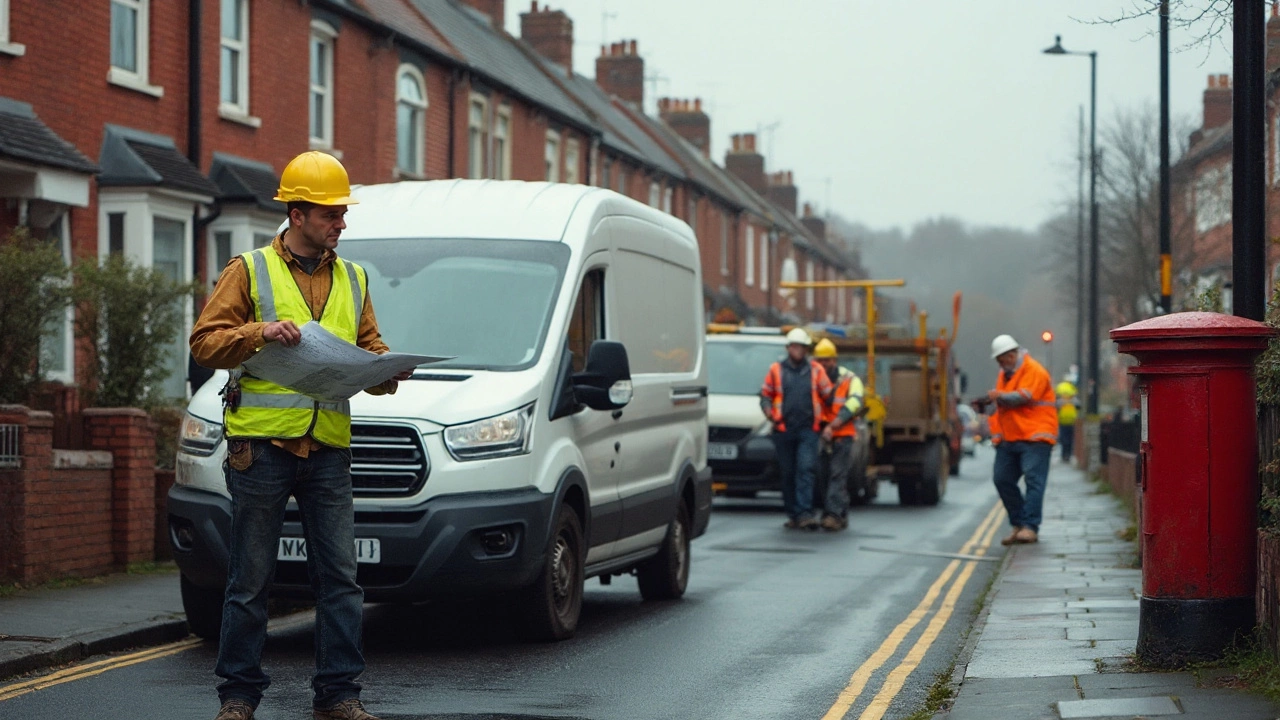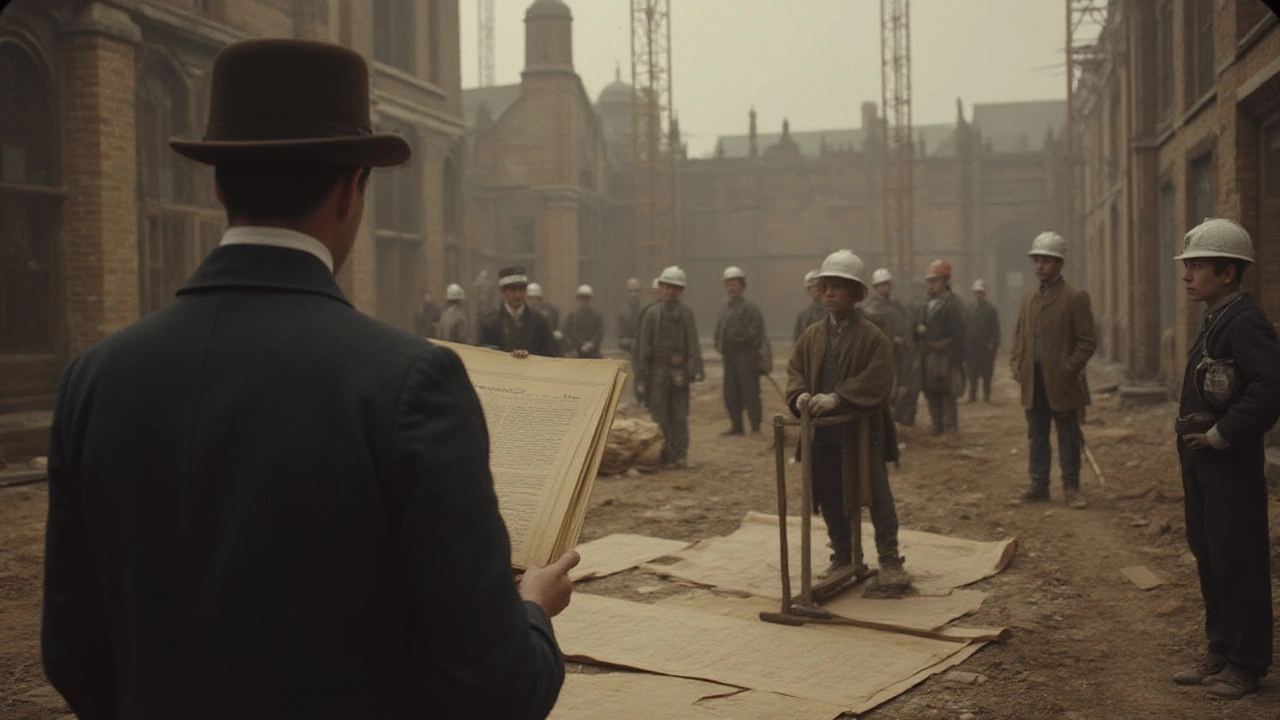General Contractor: Your Key to a Smooth Build
Thinking about adding a conservatory, extending a kitchen or starting a new build? The first person you’ll hear about is the general contractor. They’re the one who turns plans on paper into walls, roofs and finished rooms. Without a solid contractor, projects stall, budgets explode and headaches multiply.
In the UK, a general contractor is more than just a builder. They manage trades, pull permits, schedule deliveries and keep the site safe. When you hire the right one, you get a single point of contact who makes sure electricians, plumbers and roofers all show up on time and work together.
What a General Contractor Actually Does
First off, they read the blueprints and break the work down into bite‑size tasks. Then they line up subcontractors – carpenters, bricklayers, plasterers – and negotiate prices. They also order materials, arrange waste removal and handle any hiccups, like a sudden change in weather or an unexpected foundation crack.
Because they’re legally responsible for the site, they hold the necessary insurance and health‑and‑safety certificates. That means you’re covered if something goes wrong, and you don’t have to chase down a dozen different firms to sort a single problem.
When it comes to projects like a new conservatory, the contractor will check foundation depth, make sure the roof complies with UK planning rules, and coordinate the glazing install. Our post “Foundation Crack Size: When Is It Serious?” shows why early contractor involvement can spot trouble before it becomes costly.
Choosing the Right General Contractor in the UK
Start with local experience. A contractor who’s built homes in your county knows the council’s planning quirks and the soil conditions that affect foundations. Ask for references and visit a current job site – seeing work in progress tells you a lot about quality and safety.
Get at least three written quotes. The lowest price isn’t always the best; look for clear line items, realistic timelines and a warranty. A solid contractor will also explain the payment schedule – usually a deposit, progress payments and a final hold‑back until you sign off.
Don’t forget to check their trade body membership – organisations like the Federation of Master Builders (FMB) or the Construction Industry Council (CIC) set standards and can help resolve disputes.
Finally, trust your gut. Communication is key. If the contractor answers emails quickly, explains jargon in plain English and seems genuinely interested in your project, you’re likely in good hands.
In short, a good general contractor keeps your conservatory or extension on track, on budget and up to code. Browse our tag for more articles on foundation issues, planning permission limits and budgeting tips – they all tie back to having the right contractor steering the ship.



